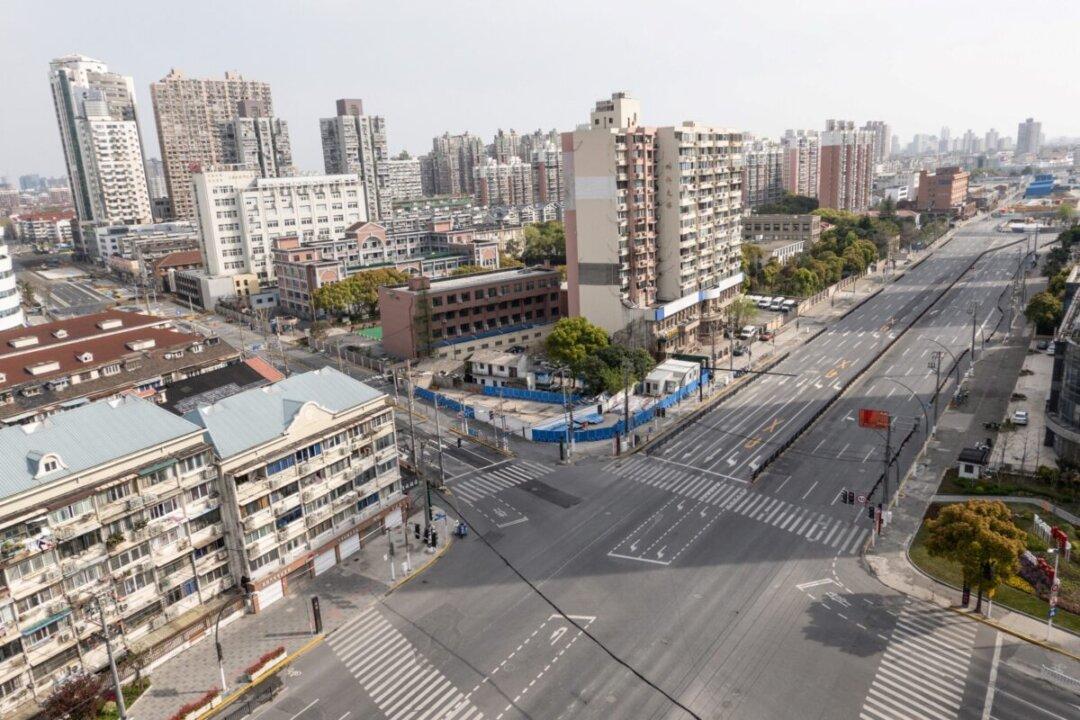News Analysis
China’s COVID lockdowns are grinding the country’s manufacturing to a halt and alarming global business leaders who depend on the country for parts and manufacturing.

China’s COVID lockdowns are grinding the country’s manufacturing to a halt and alarming global business leaders who depend on the country for parts and manufacturing.